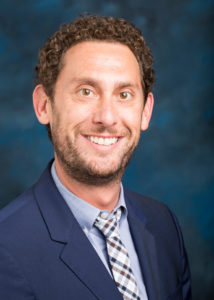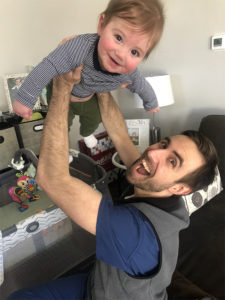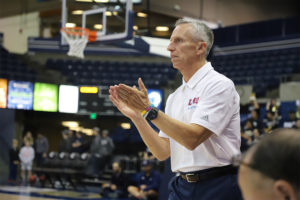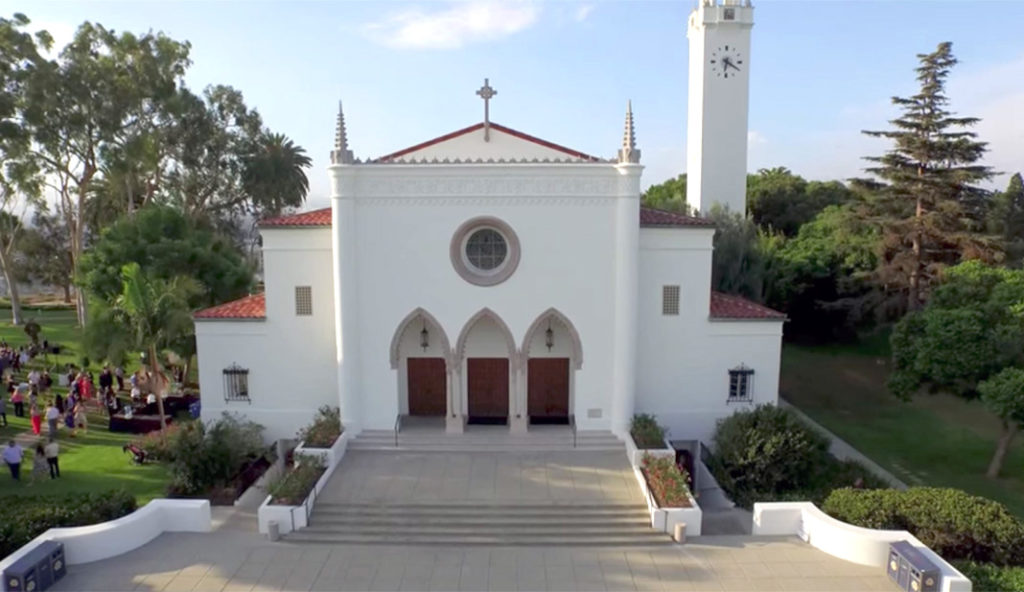Grants and Awards
The primary purpose of the Office of Research and Sponsored Projects and the Office of Grant Evaluation and Statistical Support is to support faculty and staff in obtaining funding from … Read more

The primary purpose of the Office of Research and Sponsored Projects and the Office of Grant Evaluation and Statistical Support is to support faculty and staff in obtaining funding from … Read more

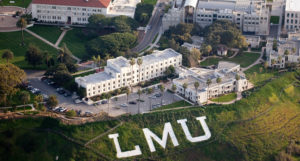

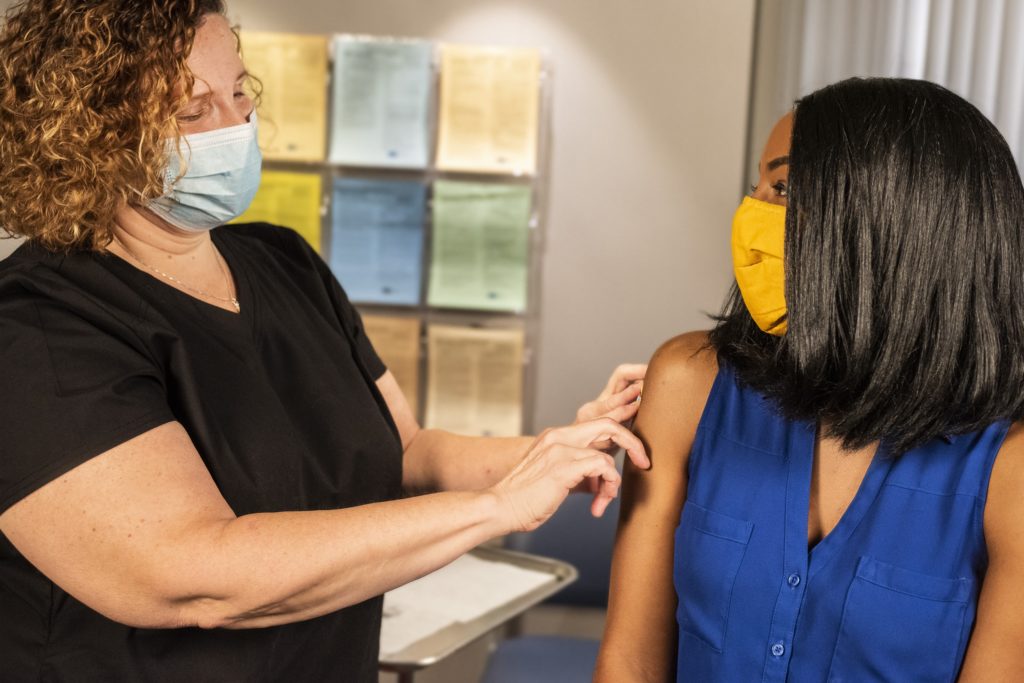
HEALTH AND SAFETY | All members of the LMU community are invited to attend the LMU COVID Vaccine Webinar on Wednesday, Aug. 11 from noon – 1 p.m. Hosted by Emergency … Read more
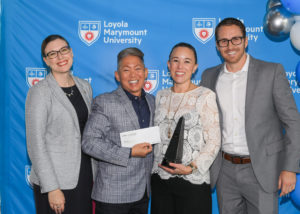
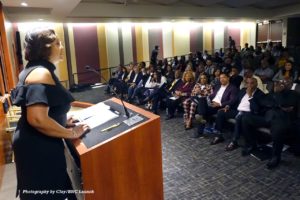
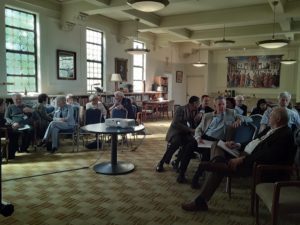
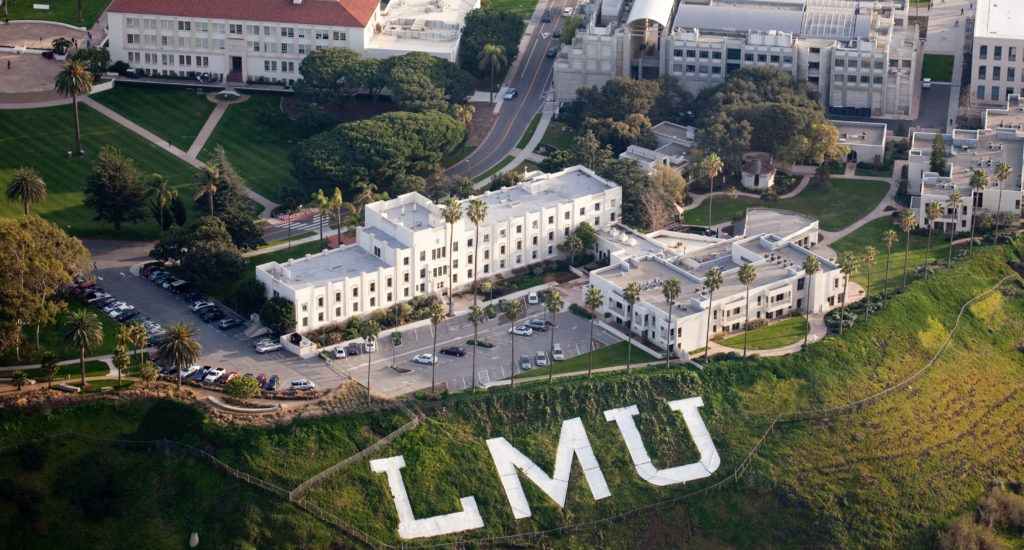
HUMAN RESOURCES is pleased to announce that Summer 2020 Tuition Remission Online Applications are currently available for Summer Section I and Summer Section II. The automated application process is available … Read more
